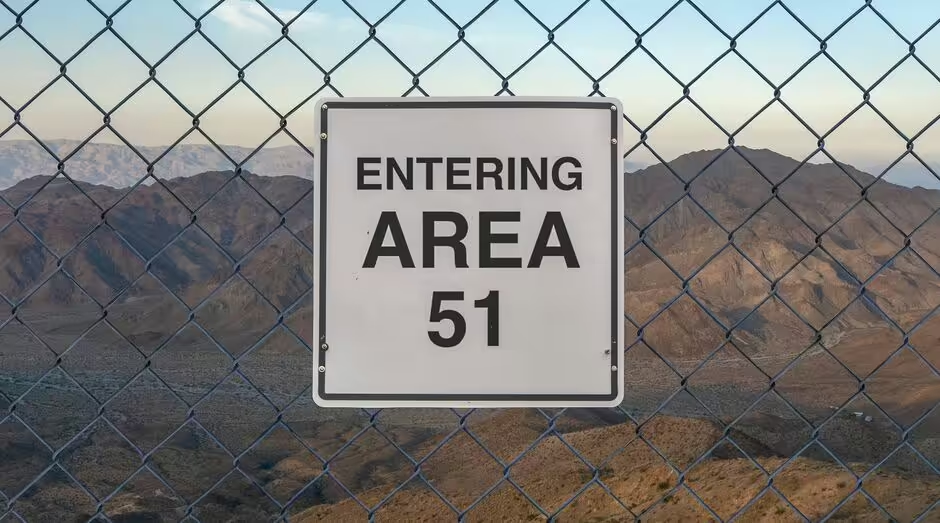CLEVELAND – Hemp THC goods which can produce the same “high” as marijuana are remaining on store shelves and for sale to the general public, probably until late this fall or sometime over the winter, whenever state lawmakers come to an agreement on whether such products should be banned, or forced to only be sold by licensed marijuana shops.
Thousands of retailers of intoxicating hemp products in Ohio were let off the hook last month when the legislature went into recess without approving any sort of hemp regulatory measure to rein in the burgeoning trade, even though it was one of the hotter topics of the legislative session.
Intoxicating hemp products have become so pervasive that they’re sold at gas stations, convenience stores, smoke shops, liquor stores and even many grocery stores — not to mention available for online purchase — much to the chagrin of cannabis companies that don’t have the same sort of easy consumer access.
Hemp products are also often sold to minors under the age of 21, and such goods aren’t required to be lab-tested for safety or packaged to avoid appealing to kids, which are all criteria that legal marijuana products must meet.
Marijuana is McDonald’s nowadays,” joked Jared Maloof, CEO of Standard Wellness Company, a longstanding medical and recreational marijuana company based in Cleveland.

Thousands of hemp shops, just 156 marijuana dispensaries
The ongoing status quo — even as members of Congress weigh a federal ban on intoxicating hemp goods, a reversal of the 2018 Farm Bill which legalized them — has Ohio marijuana company executives warning of the financial and social costs the state may have to bear before lawmakers take action.
The Farm Bill has been exploited by companies looking to circumvent the costly and highly regulated cannabis industry that is controlled by state governments. Intoxicating hemp products are made by extracting THC from hemp plants and processing it to a concentrated form potent enough that it mimics THC levels in cannabis. Hemp goods can be sold online and across state lines, without being subject to oversight, testing or taxes.
“We believe there’s over 3,000 vape shops in the state of Ohio, and only 156 regulated dispensaries,” Maloof said. “When you look at the disparity between the number of doors, one might even say it’s more than 50% of the total cannabis market. And I would guess that it is more.”
The legal marijuana market in Ohio is tracking at a pace of $900 million to $1 billion in annual sales since adult-use sales launched almost a year ago, in August 2024, industry insiders told Crain’s Cleveland Business. Total all-time marijuana sales since the medical market launched in 2019 have reached $2.8 billion as of July 12, according to the state Division of Cannabis Control.
If the intoxicating hemp market is as big as Maloof and other cannabis companies believe it is, that means the state is leaving around $100 million in tax revenue on the table by not forcing hemp into the same 10% taxable sales channel as marijuana, he estimated.
Read more at Crain’s Cleveland






